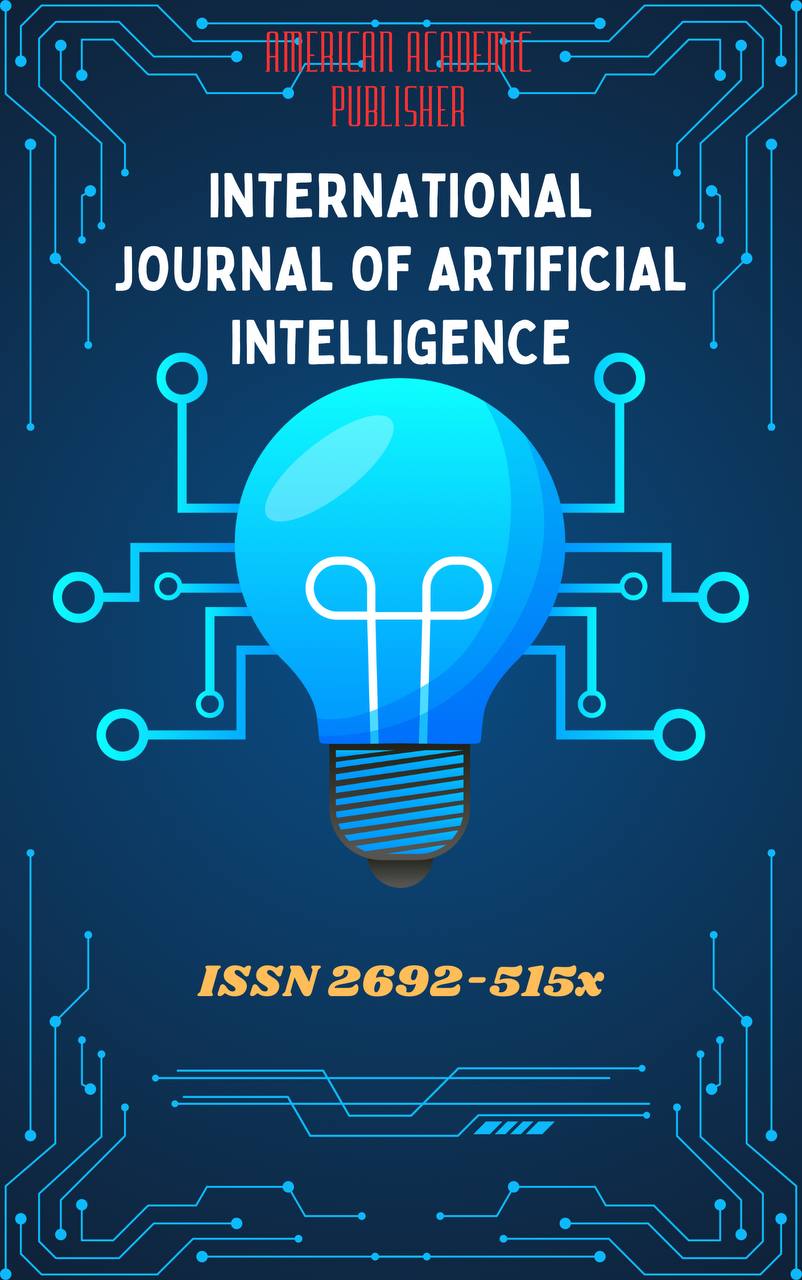 Articles
| Open Access |
Articles
| Open Access | TÜRKIYE’S CULTURAL DIPLOMACY AND SOFT POWER STRATEGY IN THE REGION OF CENTRAL ASIA
Najiyeva Madina , Master's student, Department of International Relations and Contemporary Political Processes, UWEDAbstract
This article examines Türkiye’s cultural diplomacy and soft power strategy in the region of Central Asia, focusing on how Ankara utilizes historical, linguistic, and cultural affinities to strengthen its regional influence. Building on Joseph Nye’s concept of soft power, the study explores the instruments through which Türkiye projects its image and fosters cooperation—such as the Yunus Emre Institute, Türkiye Scholarships, TİKA, and the Organization of Turkic States (OTS). It analyzes Türkiye’s efforts to promote Turkic solidarity and construct a shared identity while balancing political, economic, and strategic interests amid the presence of other powers such as Russia and China. The article argues that Türkiye’s engagement in Central Asia represents not merely cultural outreach, but a comprehensive soft power policy aimed at securing long-term influence and partnership in a geopolitically significant region.
Keywords
Türkiye, soft power, cultural diplomacy, Central Asia, Turkic identity, Pan-turkism, Organization of Turkic States, TIKA, regional strategy.
References
A.Sh. Sharipov. (2020). THE ROLE OF TURKISH SOFT POWER DIPLOMACY IN THE CURRENT DEVELOPMENT OF CENTRAL ASIA. PalArch’s Journal of Archaeology of Egypt Egyptology, 17(7), 7684–7697.https://archives.palarch.nl/index.php/jae/article/view/3395
Hayriye Kahveci. (2023). Turkish Foreign Policy Towards Central Asia: An Unfolding of Regionalism and Soft Power. All Azimuth V12, N2, 195-218. https://www.allazimuth.com/2023/06/21/turkish-foreign-policy-towards-central-asia-an-unfolding-of-regionalism-and-soft-power/?
Kahveci, H., & Kuşçu Bonnenfant, İ. (2023). Turkish Foreign Policy Towards Central Asia: An Unfolding of Regionalism and Soft Power. All Azimuth: A Journal of Foreign Policy and Peace, 12(2), 45–68.
Atlantic Council. (2025). Why Washington Should Pay Attention to Turkey’s Presence in Central Asia. Washington, D.C.: Atlantic Council Eurasia Center.
TRT World Forum. (2024). Cultural Diplomacy and Shared Identity in Central Asia: Pathways to Regional Engagement and Connectivity. Istanbul: TRT World Research Centre.
The Diplomat. (2022). To Deepen Relations with Uzbekistan, Turkey Leans on Cultural Appeal. Retrieved from https://thediplomat.com
Yesevi, A. & Kuru, A. (2019). Turkey’s Soft Power Strategy in Eurasia: The Role of TİKA and Educational Diplomacy. Insight Turkey, 21(3), 89–108.
Turkish Cooperation and Coordination Agency (TİKA). (2023). Annual Report 2022. Ankara: TİKA Publications.
Organization of Turkic States (OTS). (2022). Vision 2040: A Common Future. Ankara: OTS Secretariat.
Nye, J. S. (2004). Soft Power: The Means to Success in World Politics. New York: PublicAffairs.
Gökçe, E. (2021). Pan-Turkism Revisited: Cultural Identity and Regional Strategy in Turkey’s Central Asia Policy. Central Asian Survey, 40(4), 612–634.
Turkish Ministry of Foreign Affairs (MFA). (2023). Türkiye–Central Asia Relations. Retrieved from https://www.mfa.gov.tr
World Policy Hub. (2024). How Ankara is Seeking to Enhance Its Presence in Central Asia. Retrieved from https://worldpolicyhub.com
Article Statistics
Downloads
Copyright License

This work is licensed under a Creative Commons Attribution 4.0 International License.

